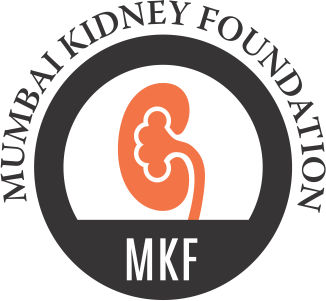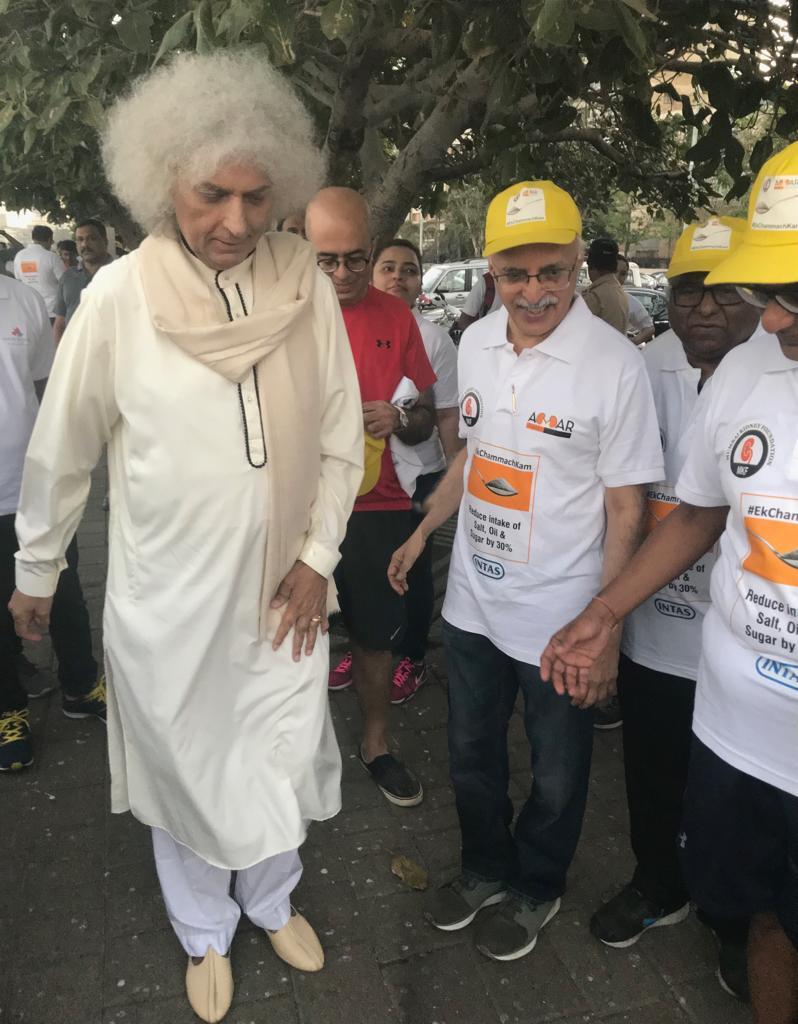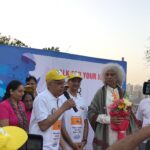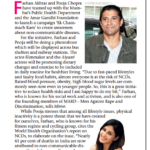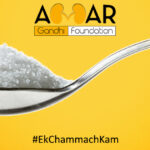Yoga is a legendry therapy which beautifully combines the mind body relaxation techniques. Regular practice of yoga improves the musculoskeletal system that provides form, support, stability and movement to the body. It also positively influences the autonomic nervous system that helps the body rest, relax, and digest food. This is turn improves many lifestyle diseases including kidney disease.
The five main ways in which yoga helps a kidney patient are as follows:
1:Yoga’s effects on diabetes control in Chronic Kidney Disease (CKD):In the latest guideline of RSSDI (Research Society for the Study of Diabetes in India) published in the March 2018 issue of International Journal of Diabetes the following points have been highlighted:
Regular yoga therapy helps in heightened metabolic control of blood sugar, blood pressure and lipids. This control of blood sugar will indirectly reduce the chances of developing diabetic kidney disease that is common in 30% of all diabetic.Greater control of blood sugar with yoga has been documented to improve the kidney functions along with other measures.
2:Yoga controls blood pressure in CKD patients: 5-8 millimeter of blood pressure control is commonly seen with yoga. As a form of therapy for lifestyle diseases, the results of yoga are superior to just physical exercise since yoga combines mind and body relaxation techniques. Control of hypertension forms the main pillar of kidney failure treatment.
3:Yoga helps Kidney patient with heart disease:Heart disease is 10-100 times more common in kidney patients, yoga leads to improvement of heart rate, blood pressure and cholesterol, thereby reducing the incidence of heart disease in patients with chronic kidney disease.
Read: Fitness plan day 202 – Tone your lower body with yoga
4:Yoga’s effect on depression in CKD patients:Majority of CKD patients and dialysis patients suffer from depression and cannot tolerate anti-depression drugs. Yoga therapy along with meditation and pranayama helps in taking care of depression in these patients.
5:CKD and bone pain:Due to metabolic and endocrine effect of hormonal imbalance in CKD, these patients suffer from aches and pains and since they cannot be given pain killers, yoga therapy helps in reducing their symptoms effectively. There have been many reports of patients who are easily able to practice yoga even though they are taking dialysis. Thus like in normal people, even CKD patients and dialysis patients can practice yoga to alleviate their problems.




